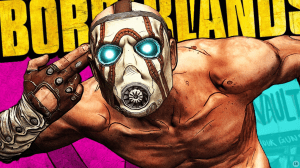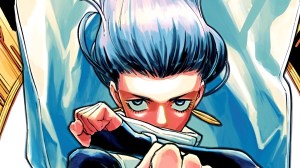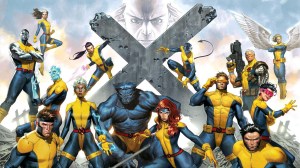Marvel’s The Punisher is now on Netflix, giving fans a much deeper look at Jon Bernthal‘s version of Frank Castle / The Punisher. With a longer format of a TV series, the Marvel Cinematic Universe version of Castle was never going to be able to be the same kind of stoic killer we know from the comics. However, in tackling that challenge, Bernthal and Co. manage to create one of (if not the) best versions of The Punisher we’ve ever seen. Here’s how:
Videos by ComicBook.com
Cycle of Hell
The first thing that’s uniquely different (and utterly affecting) about Jon Bernthal’s Punisher is that he’s more like a rabid dog just itching to deal out pain and punishment, either always in a manic rage, or trying to hold himself back from one. What’s great about The Punisher Netflix series is that it delves deep beneath the surface of Frank Castle’s anger and violent actions, to examine what fuels that raging fire inside him.
No Marvel Comic in memory has used the memory of Castle’s family as effectively as the Netflix series does, with its repeated motif of Frank being stuck in the nightmare of his family’s murder. Early on in the season these visions are utterly nightmarish, almost like horror movie scenes; as the scene goes on, and Frank finds greater (nobler?) perspective on his continued existence, the visions morph into more beautiful and ethereal visions (of his wife, in particular).
These departures into abstract or jump-scare fantasies were a bold and risky artistic endeavor, but the pay off in showing us the state of Frank Castle’s mind, as Matt Murdock once described it: a tormented place, where Castle is trapped. The psychological portrait helps explains Frank’s actions as the Punisher, and the rage he feels everyday, like we’ve never seen before.
Punish With Feeling
In Marvel Comics, Frank Castle has all the emotion of a Terminator robot. He’s mostly stoic and quiet, only showing emotion when gleefully slaughtering scum. That characterization works in comic fantasy, but less so with character who is the center of an entire seasonal arc on a television show.
As stated, Bernthal excels at infusing The Punisher with real emotion, without turning him into a sappy dramatic character who doesn’t feel in step with the character. If anything, Bernthal nails what kind of man a real, human, version of Frank Castle would be.

During the course of The Punisher season 1, we get to see a lot more emotion and range from Bernthal’s Frank Castle, and we walk away with (in my opinion), the coolest and most interesting depiction of the character yet. Bernthal’s Punisher is as sardonic and frightening and cunning as Marvel fans could want; yet he’s also got a softer, vulnerable side that the Walking Dead actor is so good at showing and then hiding again, just as quickly. Bernthal’s Punisher looks just as believable having a football catch with a young kid in the street (a scene that actually happens) as he does mowing down enemies in a bloody mass. Those are definitely dimensions of the characters that the comics have not delivered.
This Punisher is also funny, often cracking-wise or dropping insulting one-liners that you can’t help but enjoy – not in cheesy action-hero type of moments, but rather in quieter scenes of dialogue (especially with Micro), trading trash-talk in a manner it’s easy to imagine soldiers speaking in to one another.
The Hero We Deserve
Using The Punisher as a metaphor for social debate has been going on about as long as the character has existed. In the comics, that debate about the Punisher and his actions has been revisited from any number of different angles; however, one thing the comics don’t do that this Netflix series does, is actually add a distinctly noble (even “heroic”) shine to The Punisher.
This idea is explored very well in episode 8, “Virtue of the Vicious”, which mimics the classic Kurosawa film Rashomon by having a terrorist attack thwarted by The Punisher described in different ways, by different eyewitness. Each witness has a different depiction of The Punisher in mind, but it’s only Karen Page who knows the truth of Frank’s heroic bravery and sense of self-sacrifice. The episode echoes a notion that the entire season is building to, with every moment where Frank puts his life and/or safety on the line to save another person: that the MCU version of The Punisher isn’t just a gun-toting vigilante, he’s a bonafide Marvel hero – and he’s pretty damn cool.
Marvel’s The Punisher season 1 is now streaming on Netflix.








